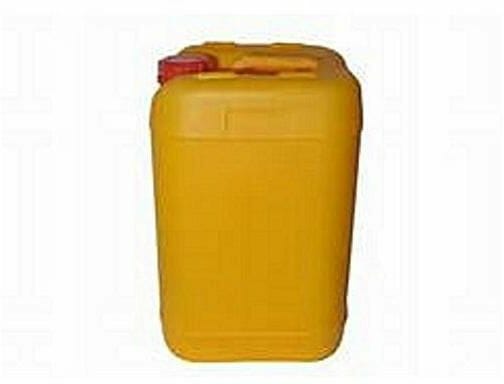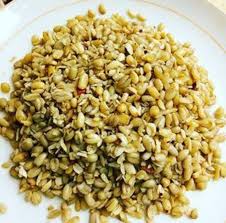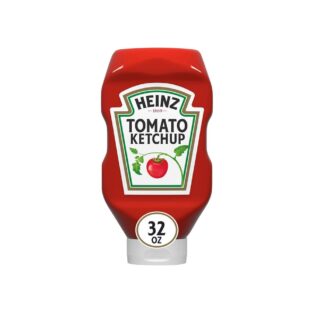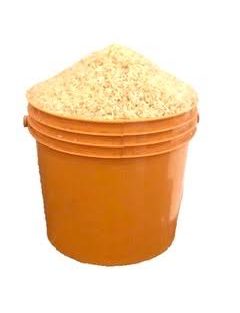Red Palm Oil Price
Palm oil has a reddish hue and is often referred to as red palm oil. This type of oil is especially rich in beneficial carotenoids and antioxidants. Not only that, but including a tablespoon or two of this healthy oil in your diet each day has been linked to several powerful health benefits. However, not all palm oil is created equal. Making a few savvy shopping choices can help ensure that you’re getting the highest-quality oil and purchasing from producers that prioritise sustainability and positive environmental practices. And this is truly the reason many people buy from us.
Is palm oil bad for you?
Red palm oil is an excellent source of carotenoids and vitamin E. It acts as an antioxidant to help prevent cell damage. Getting enough vitamin E also helps your cells communicate and keeps your immune system in good condition. Studies also show that getting enough vitamin E in your diet can reduce your risk of certain cancers, heart disease, and age-related macular degeneration.
If 20 litres is much bigger than your budget, we also have a 1-litre bottle.
Palm oil price per litre
Palm oil price per litre is now selling at ₦2500 per litre in the market.
Across Nigeria, palm oil price in Nigeria may vary slightly by location, but the demand for genuine, unadulterated red palm oil remains constant. Our oil is clean, aromatic, and free from additives — 100% natural and proudly Nigerian.
The Factors that Forecast the Price of Litres of Palm Oil in Nigeria
The price of palm oil in Nigeria is influenced by several factors, including:
Seasonality: Palm oil prices tend to fluctuate based on the harvesting season. During peak harvest periods (March to December), prices are lower due to increased supply. Off-season periods see a rise in prices as supply diminishes.
Location: Prices vary depending on proximity to production areas. Regions closer to palm oil-producing areas, like the South-East and the Niger Delta, often have lower prices compared to regions farther away.
Demand and Supply Dynamics: High demand for palm oil, both for domestic consumption and industrial use (e.g., in soap and cosmetics production), can drive up prices. Conversely, an oversupply can lead to price reductions.
Production Costs: The cost of labour, transportation, and processing equipment directly impacts the price of palm oil. Rising costs in these areas can lead to higher market prices.
Global Market Trends: As a globally traded commodity, international palm oil prices and demand can impact local prices in Nigeria.
Origin and Location of Palm Oil: To a large extent, the quality and make of the palm fruit will determine the quality of oil and so the price. Some communities have better quality palm seeds that produce oil of high quality, which makes a difference in any dish.





Reviews
There are no reviews yet.